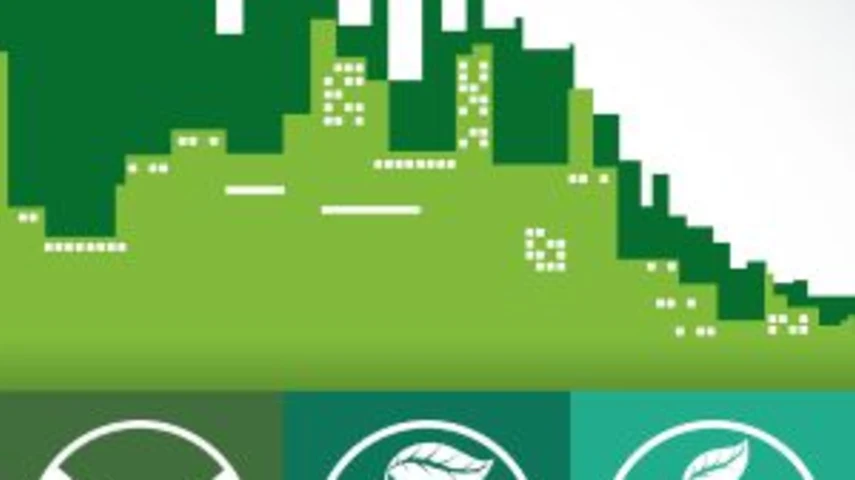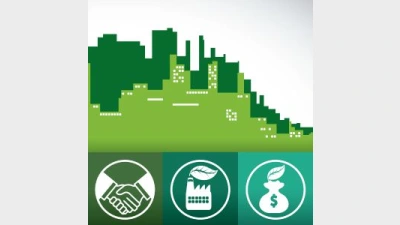Different mindset needed on ESG issues, Mercer says.



Mercer is urging business leaders to move from a business as usual to a “business as different” mindset on environmental, social and corporate governance (ESG) issues.
With more than US$22 trillion of assets now being managed under sustainable investment strategies, it’s clear that adopting ESG approaches has gone beyond theory and is fast capturing the attention of business leaders in Australia, said Helga Birgden, global business leader for responsible investment (RI) at Mercer.
“Investing sustainably requires a business as different mindset. It’s about seeking to generate sustainable financial outcomes for beneficiaries, by thinking differently; taking off the blinkers and looking through a wide-angle lens at risk and opportunity over the long term,” she said.
“Every year the world seems to get faster and more uncertain. But this shouldn’t be an impediment to making strategic decisions today that are in the long-term interest. Leaving aside the moral arguments, investing should now be about risk mitigation and positioning portfolios for sustainable growth.
“ESG investing has gained significant traction over the years because of the role it plays in managing risk and creating value over the long term.”
Mercer said there is growing evidence that companies and businesses with better ESG practices are associated with better corporate financial performance.
The consultancy said true leadership is about seizing the opportunities that arise from change, and this is what it calls “business as different”.
“In order to have investment resilience going forward, boards need to be up to speed with the pace of change when it comes to the stewardship aspects of investment. It’s exciting to see many mainstream funds moving into this space and we expect many in the market will follow,” it said.
Recommended for you
Ethical super fund Australian Ethical has announced the appointment of Anthony Lane as chief operating officer.
The structural shift towards active ETFs will reshape the asset management industry, according to McKinsey, and financial advisers will be a key group for managers to focus their distribution.
ASIC has warned that practices across the $200 billion private credit market are inconsistent and, in some cases, require serious improvement.
A surge in electricity prices has driven the monthly Consumer Price Index to its highest level in a year, exceeding forecasts.









